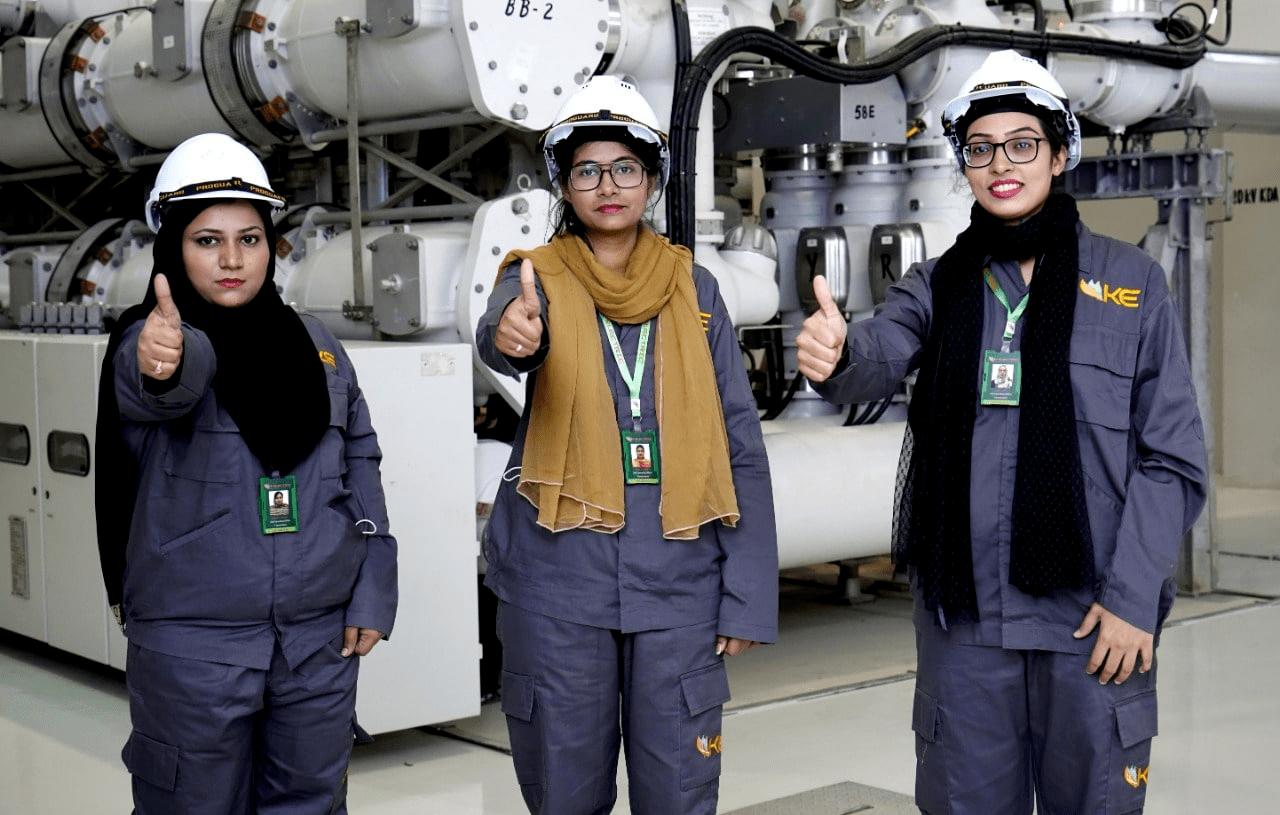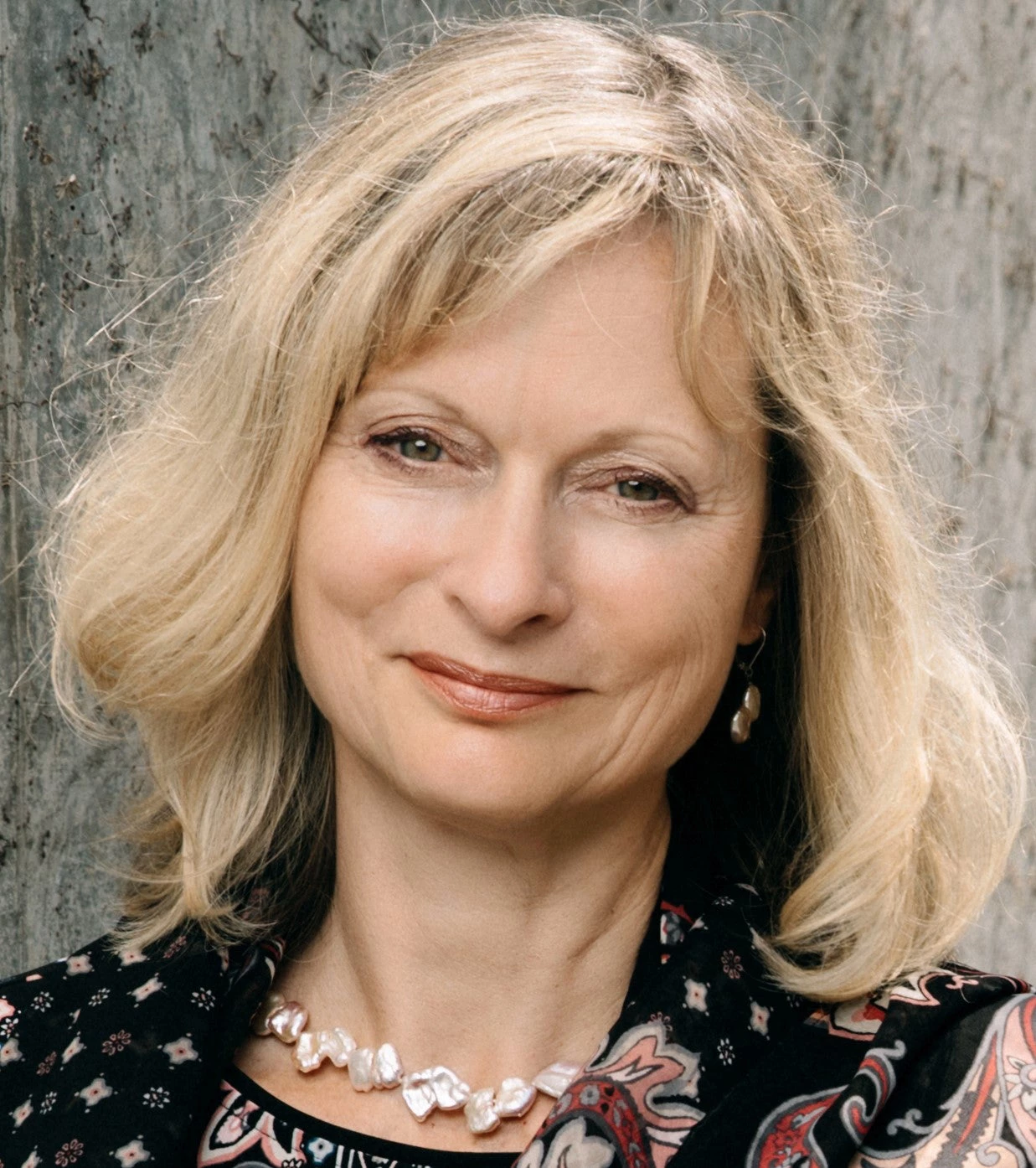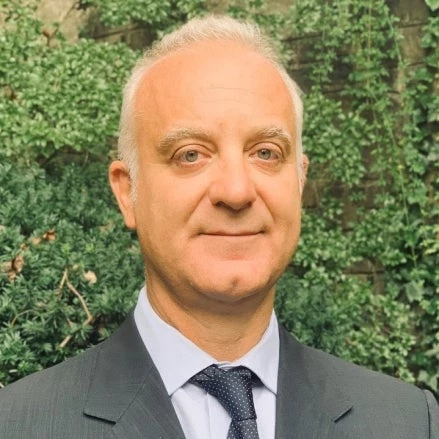 © World Bank
© World Bank
This year, International Women’s Day shines a well-deserved spotlight on the women changemakers who are leading the way–every day—for a sustainable tomorrow and a more equal future. One such leader is Mariyam Hana, whom we met at a conference in Manila shortly before the pandemic.
As one of the few women executives in the energy sector in the Republic of Maldives, she was determined that other women follow in her footsteps.
“Fenaka makes a great effort to empower women, working with the government and other stakeholders, including communities, to get women at the helm,” said Hana, then a deputy director of the state-owned Fenaka Corporation, which provides electricity, water, and sewage to the country’s more than 150 inhabited islands.
The initiative is paying off. As it expands into renewable energy, Fenaka counts more women leaders than ever before.
The company is not alone. Across South Asia, the fast-changing energy sector is recruiting skilled women to fill jobs largely created by renewable energy technologies. Crucial to that progress is WePOWER, the Women in Power Sector Professional Network, a coalition of 30 energy sector organizations and stakeholders supported by the World Bank South Asia Gender and Energy (SAGE) facility and ESMAP.
Outreach initiatives encourage girls to pursue STEM careers. Internships provide hands-on experience in the energy sector to female students. Training programs lead to the hiring of competent women workers. Mentorships boost female employees into leadership roles. And policies that create a supportive work culture -- such as anti-harassment workshops, extended paid maternity/paternity leave, and safe transportation– keep women in their jobs. These comprehensive policies and programs help women break barriers and move into more traditionally male-dominated sectors such as energy.
Just this past year, Pakistan’s Water and Power Development Authority (WAPDA) hired 54 female employees. Similarly, the Pakhtunkhwa Energy Development Organization (PEDO) – which is expanding clean energy in Pakistan – hired two women candidates for senior positions and created internships for five women to enhance their technical skills in hydropower.
Another partner, the Bangladesh Rural Electrification Board (BREB), provides female employees with mentoring, daycare, and even a woman doctor if needed. In all, WePOWER’s 30 partners have implemented 1,465 gender activities, benefitting more than 28,000 female professionals and students since 2019.
Gender equality is a fundamental human right. It also makes economic sense. There is a broad consensus that a shortage of skilled workers in the renewable energy sector will increase with time. Global pledges to mitigate climate change have spurred over $400 billion in green energy technologies investments, boosting the number of jobs in the sector from 10.3 million in 2017 to an estimated 29 million by 2050.
Yet, women are an untapped resource. A World Bank survey shows women comprise 21% of the overall energy utilities workforce in Ethiopia, Kenya, and Zambia. These numbers are much lower in South Asia’s energy sector with the ratio of women in technical jobs ranging from 19.5% in Bhutan to only 4.6% in Pakistan.
It’s encouraging to see that the renewable energy sector already employs more women globally at 32% compared to the traditional energy sector’s 22%. More jobs are being created as utilities increasingly harness clean energy solutions and adopt information and communication technologies. E-Mobility and electric vehicles will further increase the demand for sustainable electricity—and employment opportunities.
Training and education are key, as Energy Efficiency Services Limited (EESL) in India well understands. It is transforming public lighting with LED technology, set out last year to provide technical training to 50 women, and ended up training 60 women, exceeding its goals. In addition, EESL surveyed its women employees during the pandemic to determine how best to help them work from home, including ramping up mental health programs.
As we seek to empower more women in the energy sector, it is vital that WePOWER expands beyond South Asia to other regions. We will soon launch the Regional Network in Energy for Women (RENEW MENA) in the Middle East and North Africa, with another initiative in the works in East Asia Pacific.
Across emerging markets, we’ve seen growing global support for employing women. At the Manila conference, we also met Agnes Obara, Chief Planning Officer at Kenya Power (KPLC), which transmits and distributes a diversified mix of renewable energies, including geothermal and hydropower. She informed us that Kenyan utilities are constitutionally required to increase women in the workforce to at least one-third.
“We developed and started implementing our gender policy in 2010 and we now have equal opportunity for training and promotion, with the support of all our stakeholders,” she said, affirming the benefit of broad-based support as the sectors move to include and promote women in their ranks.
Finally, let’s remember these shared objectives benefit not only women and their employers, but also the communities they serve. We had asked Mariyam Hana at the WePOWER Manila conference why she entered the Maldivian energy sector, which is working to achieve a Net Zero target by 2030. “(We) provide services to rural islands so they can have development and growth – so that’s what got me interested,” she said, adding that she wanted to contribute to improving lives.
Women who benefit from WePOWER initiatives are making a difference for their communities and employers while improving their own lives. Let’s expand upon the success WePOWER has had in South Asia so that women across the world can fully participate in the growth of the renewable energy sector, using their talents to create a more sustainable future for us all.
Subscribe here to stay up to date with the latest Energy blogs.



Join the Conversation